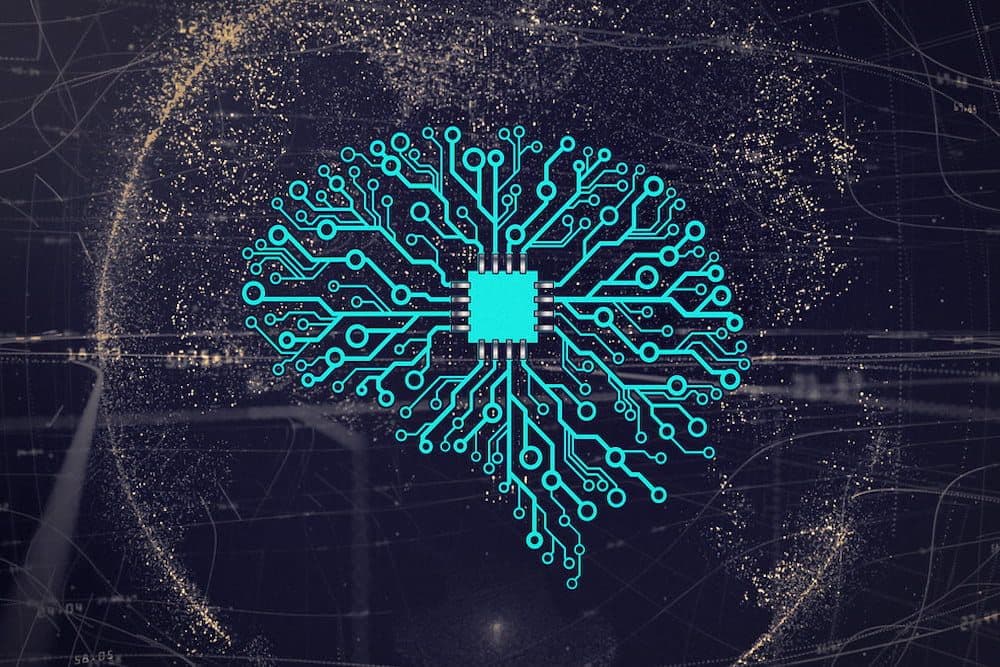
The Future of AI: Trends and Predictions
Artificial Intelligence (AI) has evolved from science fiction fantasies to a transformative force in our lives. In recent years, AI technologies have made significant strides, and they continue to reshape various industries. This blog explores the exciting trends and predictions that are shaping the future of AI, from healthcare and autonomous vehicles to natural language processing and ethics.
Healthcare Revolution
The healthcare industry is undergoing a profound transformation, thanks to AI. Predictive analytics, machine learning algorithms, and data-driven insights are revolutionizing patient care. AI is helping in diagnosing diseases, personalizing treatment plans, and even predicting epidemics. With the increasing availability of health data, AI is becoming an essential tool in the battle against diseases.
Autonomous Everything
AI is propelling the concept of autonomous everything, from self-driving cars to drones. Companies like Tesla and Waymo are pushing the boundaries of autonomous vehicles, aiming to make road travel safer and more efficient. These trends will lead to reduced accidents, lower carbon emissions, and increased accessibility, particularly for individuals with disabilities.
Conversational AI and NLP
Natural Language Processing (NLP) and conversational AI are making our interactions with technology more human-like. Virtual assistants like Siri and Alexa are becoming increasingly sophisticated. In the future, these systems may not only understand what you say but also how you feel, leading to more personalized and emotionally intelligent responses.
AI in Creativity
AI is no longer limited to crunching numbers and processing data. It's also a creative force. Generative Adversarial Networks (GANs) are giving rise to AI-generated art, music, and even literature. This trend is blurring the lines between human and machine creativity, with AI becoming an indispensable tool for artists and creators.
Ethical Considerations
As AI takes on a more prominent role in society, ethical considerations come to the forefront. Concerns about bias, privacy, and the impact of AI on employment are intensifying. Addressing these issues will be crucial to ensure that AI technologies benefit everyone and uphold societal values.
Augmented Intelligence
The future of AI is not just about machines replacing humans but enhancing human capabilities. Augmented intelligence, a term coined by Gartner, refers to the collaboration between humans and AI to improve cognitive performance. This trend involves using AI to make better decisions, automate repetitive tasks, and gain deeper insights, ultimately making us smarter and more efficient.
AI in Education
AI is transforming education by personalizing learning experiences and providing valuable insights into student performance. Adaptive learning platforms use AI to cater to individual student needs, while AI-driven assessments are changing the way we evaluate and grade students.
Quantum Computing and AI
Quantum computing holds the potential to revolutionize AI by performing complex calculations at speeds that were previously unimaginable. This synergy is expected to lead to significant breakthroughs in fields such as drug discovery, cryptography, and climate modeling.
AI in Finance
AI is making waves in the financial industry by optimizing trading strategies, detecting fraud, and enhancing customer experiences. Predictive analytics and machine learning algorithms are being used to make data-driven investment decisions.
AI in Remote Work and Collaboration
The COVID-19 pandemic accelerated the adoption of remote work and collaboration tools. AI-powered platforms are helping companies streamline remote work processes, automate routine tasks, and improve communication.
The future of AI is incredibly promising, with trends that are set to revolutionize industries and redefine the way we live and work. However, this future is not without its challenges, especially regarding ethical concerns and the responsible development and deployment of AI technologies. As AI continues to evolve, it's essential that we remain vigilant, considering the consequences and striving to ensure that AI benefits all of humanity.